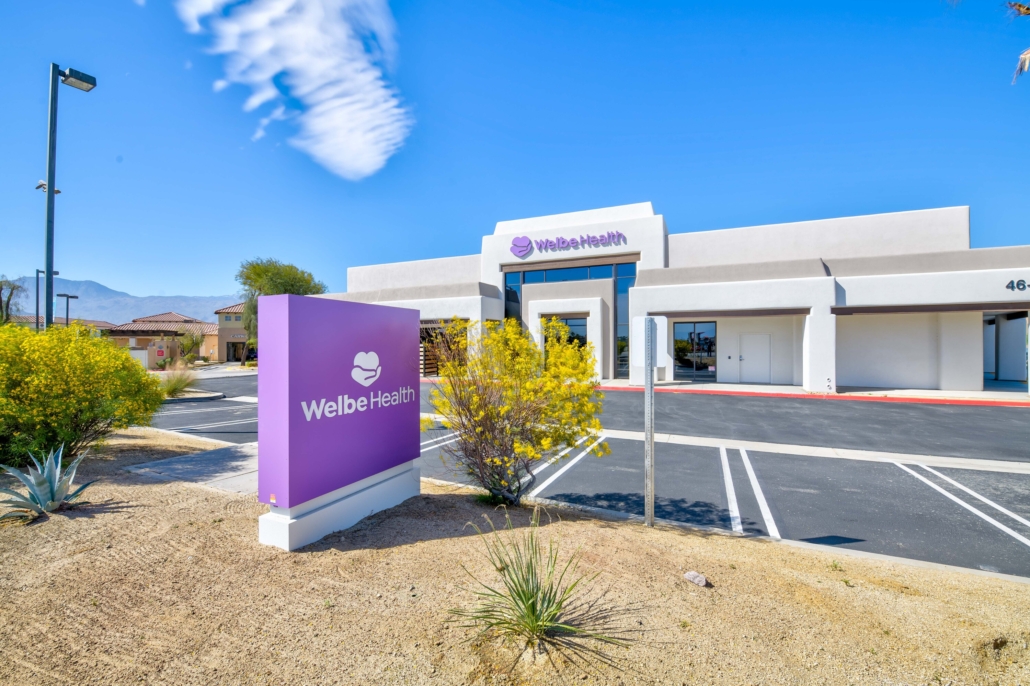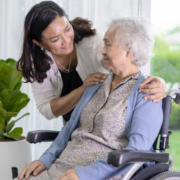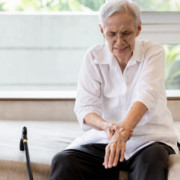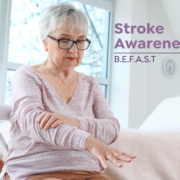Tips to Stay Hydrated
Staying hydrated is important for overall health, especially as we age. Older adults can benefit from tips to make sure they drink enough water daily. Here are some simple ways to help seniors maintain proper hydration levels:
Importance of Hydration
Proper hydration is important for seniors to maintain good health and well-being. Dehydration can lead to many health issues, including urinary tract infections (UTIs), confusion, and even a trip to the hospital. By following these hydration tips, seniors can feel their best and stay healthy.
Features of Proper Hydration
- Increased Energy: Staying hydrated helps boost energy levels and fight being tired.
- Better Brain Activity: Proper hydration supports cognitive function and mental clarity.
- Improved Digestion: Drinking enough water helps with digestion and stops constipation.
Benefits of Staying Hydrated
- Healthy Skin: Drinking enough water helps keep skin soft and might reduce dryness and wrinkles.
- Keeps Your Body Cool: Water helps keep your body cool, especially when it’s hot outside.
- Joint Health: Drinking water helps keep your joints smooth and can make them hurt less.
Practical Hydration Tips for Seniors
1. Drink Throughout the Day
- Aim to drink small amounts of water consistently throughout the day.
- Carry a reusable water bottle to stay hydrated on the go.
- Set reminders or establish a routine for drinking water regularly.
2. Check Your Urine Color
- Look at the color of your pee to see if you’re drinking enough water. Light yellow to almost clear means you’re well-hydrated.
- Dark yellow pee might mean you’re dehydrated and need to drink more water.
3. Include Hydrating Foods
- Eats fruits and vegetables with high water content, such as watermelon, cucumbers, and oranges.
- Enjoy soups, broths, and hydrating snacks like yogurt or Jell-O.
4. Limit Dehydrating Beverages
- Drink less soda and sugary drinks because they can make you thirsty.
- Choose water, herbal teas, or watered-down fruit juices instead.
5. Be Mindful of Medications
- Some medications may increase the risk of dehydration. Talk to a healthcare provider about changing the amount of fluid you drink.
- Monitor any medication side effects that impact hydration levels.
By following these easy and helpful tips, seniors can make sure they drink enough water and enjoy the many benefits it brings. Remember, staying hydrated is important for staying healthy and feeling good at any age.
It’s your life. Live it your way.
WelbeHealth provides full-service healthcare and personalized support to help you age well at home and in your community. Our Program of All-Inclusive Care for the Elderly (PACE) meets the changing needs of seniors, often at no cost. To see if you qualify, visit: welbehealth.com/contact































































